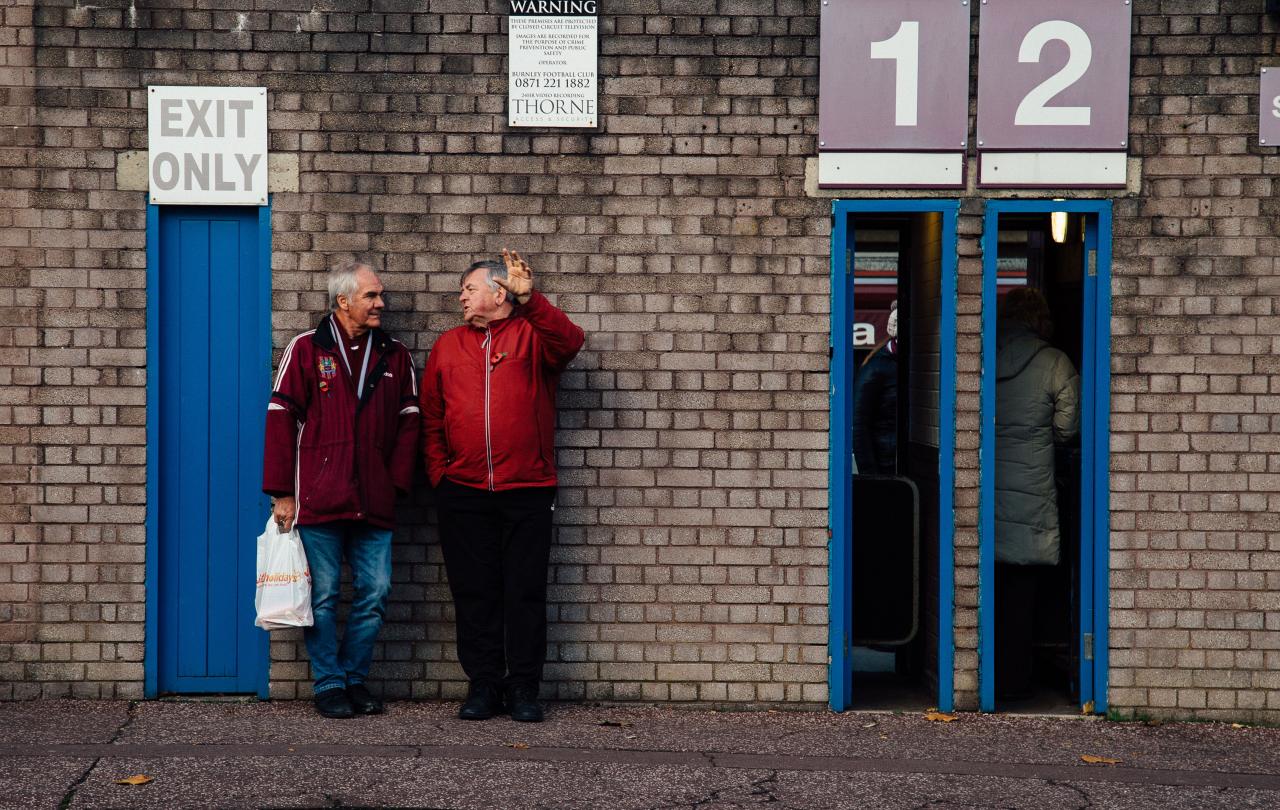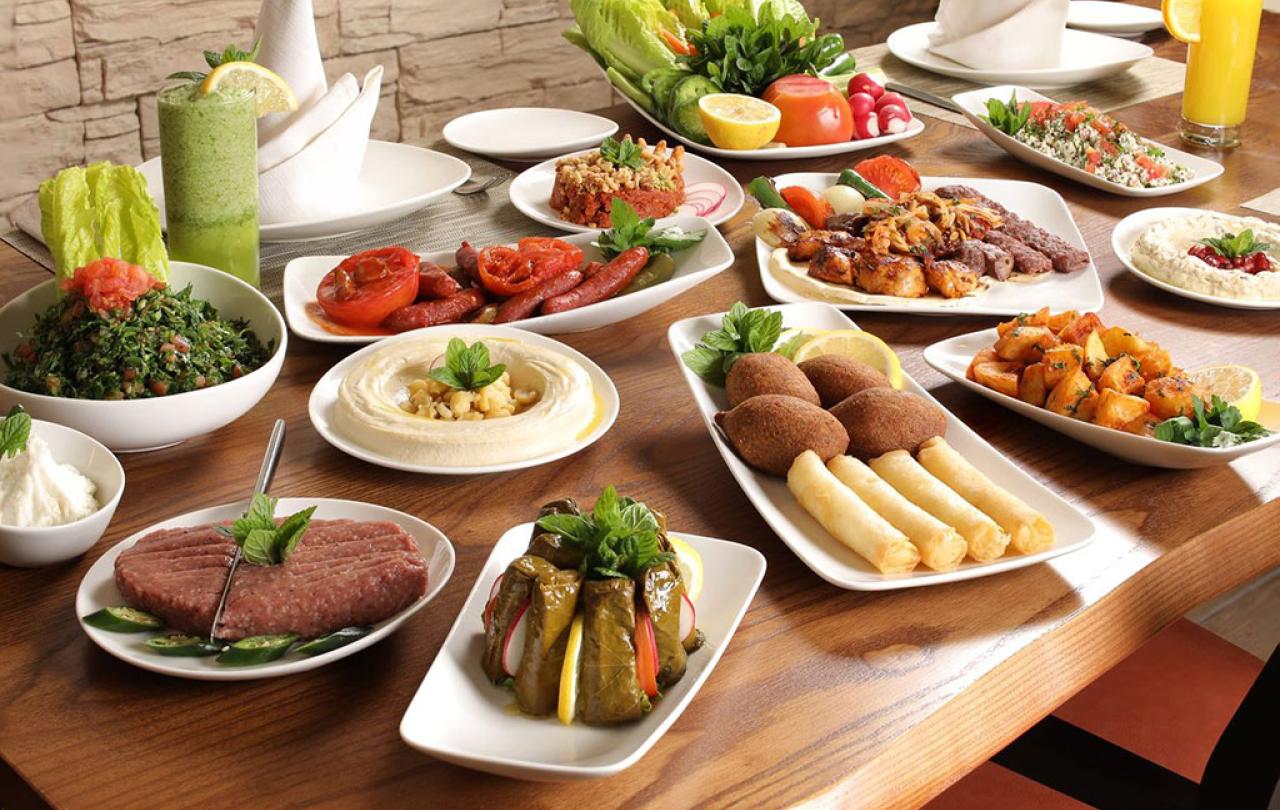
Have you ever watched one of those retrospective television programmes, that takes us back to the 1980's or 1990's? They usually include clips of Wham or Oasis or Yuppies with massive mobile phones.
I don't know about you but the label 'The cost-of-living' is one that I suspect might take its own place in one of those shows twenty or so years from now. And I do wonder if things will be better or worse than they are presently.
You might that hope which ever political government of the day is in power in 2044, the cost of living crisis and poverty will have significantly shifted from where they presently are.
In my own town, Burnley in Lancashire, the shifting sands of such matters are starkly evident, and things seem to be getting worse rather than better. The evidence of a cost of living crisis has shifted matters from financial insecurity to many other areas. For example, within the cost of living crisis sits another crisis that appears to be getting more concerning as the months go by and we drop into the harshest months of the year.
He cites places of refuge as dangerous, violent, volatile places that are not in keeping with his desire to live a quiet and normal life that befits a gentleman in his late fifties.
That crisis is one of extremely worrying mental health issues with adults and some very young children in our community. On a personal level, there is nothing more painful than taking a funeral service for a young person who has taken their own life, which happened to me in recent months. Alongside such sadnesses, there are almost daily examples of individuals, many of whom are young mothers pouring their hearts out on social media with woes of poor mental health with seemingly nowhere to turn. In my own borough the mental support provision within the NHS is at breaking point with long delays for mental health counselling and support. Thank goodness then for the voluntary sector who help me to help others on a regular basis. After the pandemic of COVID in Burnley, where a recent Joseph Rowntree Foundation poverty report suggested 38 oer cent of children in Burnley live in poverty, we are in a battle to keep our most vulnerable people mentally well and with an optimistic outlook for a brighter future.
And then there is the matter of homelessness. Who'd have thought we'd be living in a time when people are now being evicted from a tent? And what about those who lived outside for many years - what are we to do for them? There is a chap in Burnley, who by choice is living rough behind our corporation cemetery because the accommodation offered to him would place him in a hostel where addiction and violence is commonplace. The only blessing to be taken from it is that he has found a warm spot and he is relatively safe against the winter elements that are coming our way during the winter. But the saddest thing about this gentleman is that it is a preferable option to what is offered were he to use the provision available. He cites places of refuge as dangerous, violent, volatile places that are not in keeping with his desire to live a quiet and normal life that befits a gentleman in his late fifties.
Watching young mums literally gathering up the crumbs from our food provisions at church is a chastening and humiliating experience for them and those who serve them.
And as the sands shift, what about our young people? In the school where I am a governor, 58 per cent of our children are on free school meals, and many come from broken homes and difficult circumstances. What encouragement can we give them to ensure their young lives are ones of opportunity, fun and learning? What can we do to ensure the struggles of the children's parents don't bring their own development to an uncertain and worrying future? Some parents in the grip of a cost-of-living crisis lose their filter on vocabulary and so every worry, concern, disappointment and crisis is shared. Shared with little boys and girls who shouldn't be constantly subjected to a world that is always churning out negative scenarios on their innocent and immature minds.
And what about the national celebration of a food bank and community kitchens and all they do for the poor people of our parishes? Three cheers for the voluntary sector who take the strain of a failing social security system that gives food with one hand but potentially snatches self-worth with the other. Watching young mums literally gathering up the crumbs from our food provisions at church is a chastening and humiliating experience for them and those who serve them. I hate foodbanks, not because of the good they clearly do, but, because they normalise and hold up a failing social security system in our country today.
As we approach Christmas and a new year, I wonder how the shifting sand of the cost-of-living crisis might influence, our cultural horizon? Is it idealistic, romantic or downright stupid to think we might change the great and mighty to think differently in their approach to poverty? I am keen football fan, and you might be familiar with the term 'He/She talks a good game' and after many years following Burnley Football Club I have witnessed on many occasions when Managers have talked a good game but sadly failed to deliver on the field of play. And I think that is true of the majority of our politicians of all parties. They can talk a good game but often fail to impress us because the substance doesn't match the sentences.
I am convinced through many years of dealing with abject poverty, that people in difficulty respond better to compassion over criticism, understanding over instruction, reality over rhetoric. So many people in my context don't want to be in poverty. They would prefer not to struggle, and they would recognise they need help. The shifting sands of surviving should encourage society to prioritise people before pedestrianisations of town centres, and hope over HS2 railway lines. As the sands of our landscape continue to shift, it surely must be the priority of the church, the government, and for people to stop people from sinking in a swell of poverty and hardship. When it does that, perhaps the church can demonstrate to the society, its role and its mission still has much to offer in 2024 and beyond.





